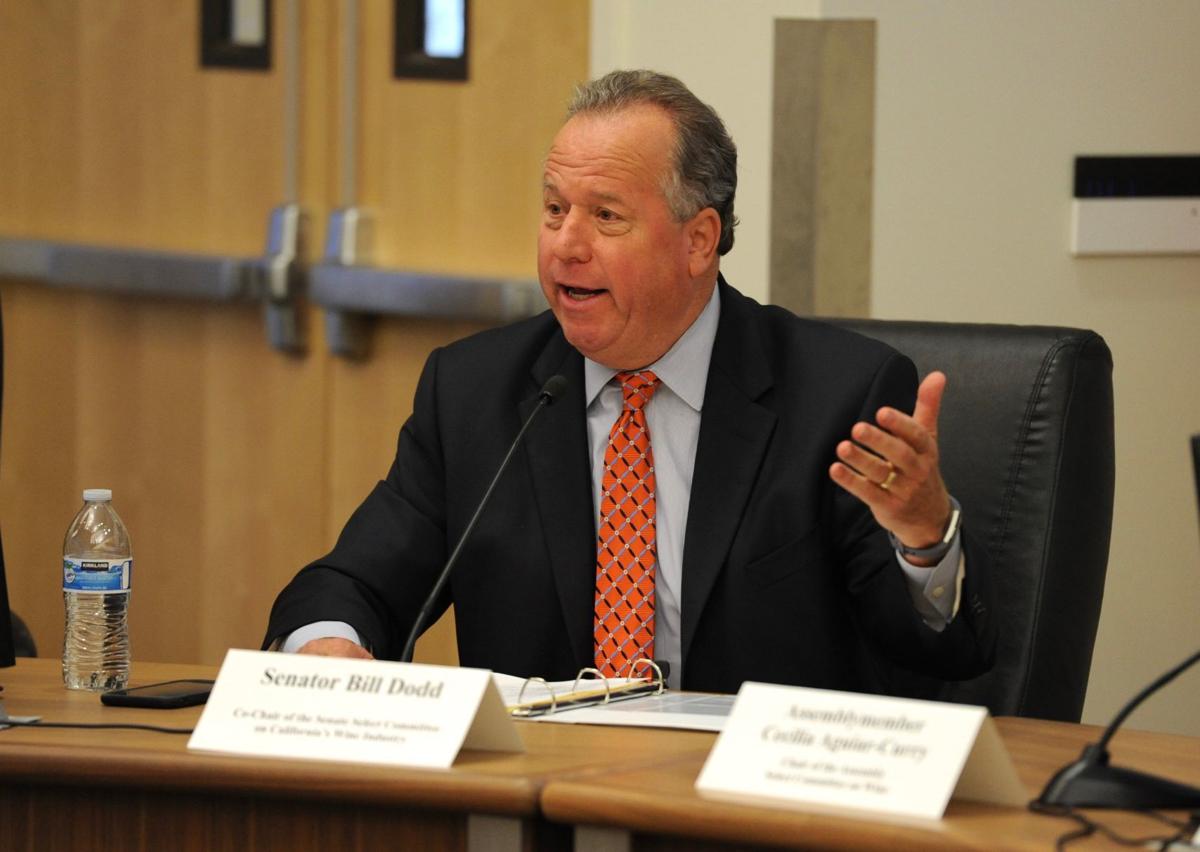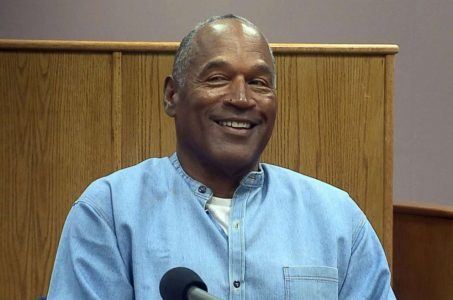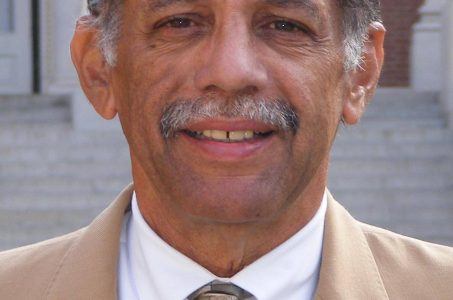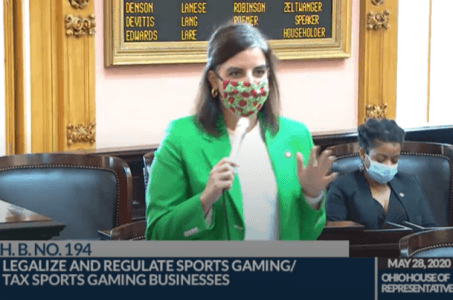California Tribes Flex Political Muscle, Sports Betting Bill Yanked Days Before Vote
Posted on: June 22, 2020, 12:50h.
Last updated on: June 22, 2020, 02:31h.
California tribal gaming operators are wielding their political clout in the largest US state, potentially prompting state Sen. Bill Dodd (D-Napa) to pull legislation to legalize sports betting that was to be voted on later this week.

With news of the proposal being yanked, the Golden State’s timeline for allowing sports betting turns to the 2022 election cycle, meaning the earliest the first legitimate sports wager could be placed in the state would be some time in 2023.
As recently as early this month, there appeared to be momentum for a bill sponsored by Dodd and Assemblyman Adam Gray (D-Merced) that would put a sports betting question before California voters on the November ballot. However, things took what is now an ominous turn last week when the state senator canceled a hearing for the bill originally scheduled for June 18.
Under the Dodd/Gray proposal, assuming voters signed off on it, the state’s nearly 70 tribal casinos and racetracks in four counties could offer retail sports betting as soon as next year. There would also be expansion to onsite mobile betting in 2022, with statewide online wagering rolling out in 2023.
Tribes Excluded
Tribal gaming entities in California generate over $8 billion in annual economic impact, giving those groups significant political clout, and they were never behind the Dodd/Gray effort for various reasons.
One of the primary reasons Indigenous gaming entities opposed the bill is because while Golden State card rooms were left out of the sports betting side of the equation, the legislation would give those venues a constitutional right to offer table games, such as blackjack and roulette. Tribes have long opposed such a measure, claiming it threatens their exclusivity compact with the state.
In an interview with Bloomberg, Dodd said there are “significantly diverse stakeholders” that want to be involved, and because of the COVID-19 pandemic, bringing those groups together was difficult.
Calls by Casino.org to Dodd’s and Gray’s offices weren’t returned prior to publication of this article.
Last year, the tribes unveiled their own sports betting ballot drive – one that would confine the endeavor to their casinos while keeping card rooms out of the mix. That effort is still alive, though the tribes are suing the state for more time, claiming efforts to collect the 997,139 signatures to put the measure on the November 2020 ballot were hampered by the coronavirus and the state’s shelter-in-place directive.
Considerable Clout
In the Golden State, tribes wield considerable weight – sway that’s measurable in dollars. For example, in the 2018 election cycle, tribal governments donated nearly $826,000 to Gov. Gavin Newsom (D-CA), according to Vote Smart data.
Attorney General Xavier Becerra, a Democrat who’s been accused of favoring tribes over card rooms, received $159,900 from tribal governments for his 2018 campaign.
For his part, Newsom’s been quiet on sports betting, neither endorsing nor deriding the idea. However, California is grappling with a $54 billion shortfall following the coronavirus, and is so thirsty for revenue that politicians are allowing a gas tax increase to go into effect July 1 despite the state having the highest gas levies in the country and a jobless rate of 15.5 percent as of April 30.
Related News Articles
Most Popular
LOST VEGAS: The Foster Brooks Robot at MGM Grand
Bally’s Sets Date for Tropicana Las Vegas Implosion & Party
Most Commented
-
VEGAS MYTHS RE-BUSTED: You Don’t Have to Pay Resort Fees
— August 2, 2024 — 16 Comments -
VEGAS MYTHS RE-BUSTED: Elvis Was a Straight-Up Racist
— August 9, 2024 — 11 Comments -
ANTI-SOCIAL BEHAVIOR: Vegas Casino Buffet Stunt in Poor Taste Goes Viral
— August 16, 2024 — 7 Comments -
VEGAS MYTHS RE-BUSTED: The Strip Tried Appealing to Families and Failed
— August 23, 2024 — 7 Comments
















No comments yet